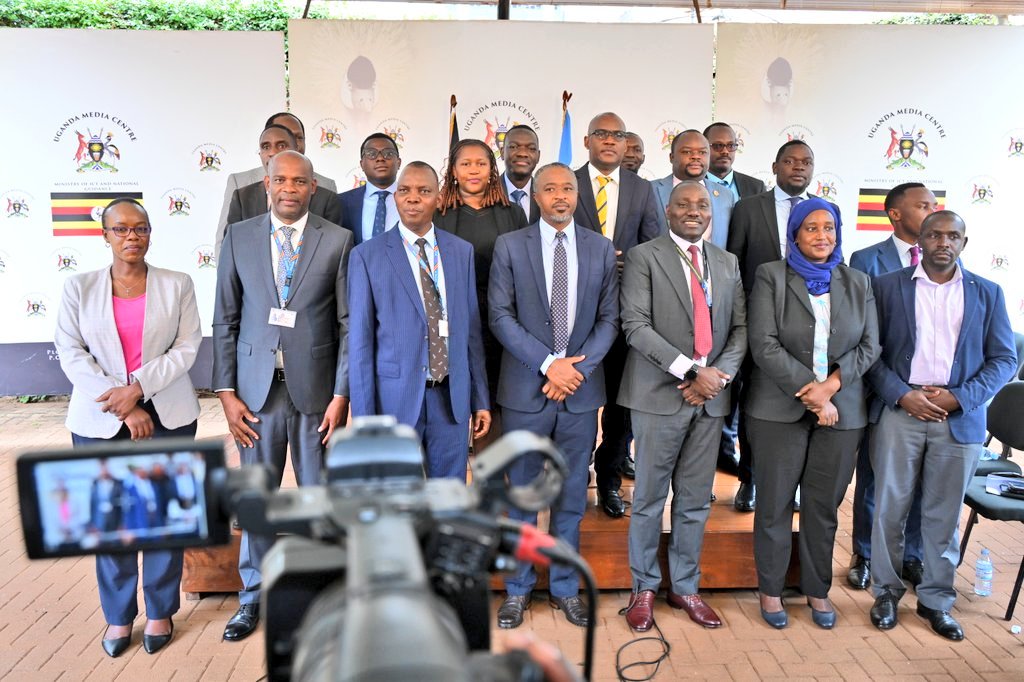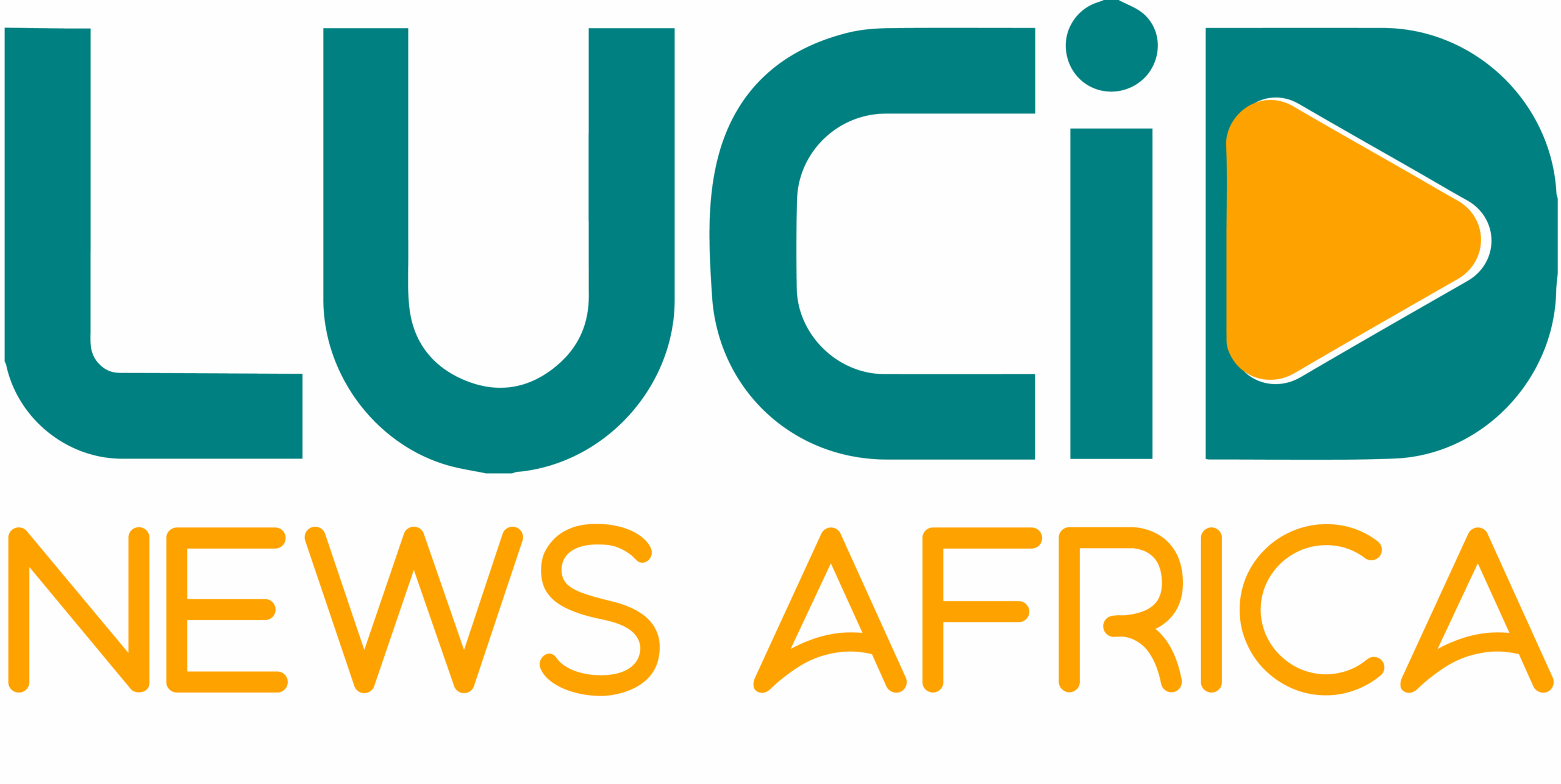Government asks citizens to suggest their own taxes

Uganda’s Ministry of Finance has launched consultations on new tax measures for the 2026/27 financial year, inviting citizens, businesses, and civil society to submit proposals.
The announcement, made by Moses Kaggwa, Director of Economic Affairs, comes as government faces a tighter resource envelope and a growing dependence on domestic revenue to sustain spending. Uganda’s preliminary budget for FY 2026/27 is projected at Shs 69.399 trillion, down from Shs 72.376 trillion in 2025/26, yet revenue targets are expected to rise.
Tax effort rising, but below regional peers
The ministry says revenue performance has improved, with collections reaching 14.27% of GDP in 2024/25, up from 13.71% the previous year. Still, Uganda remains below the Sub-Saharan Africa average of around 16–18% of GDP, and well behind Kenya and Rwanda. This gap has forced Kampala to borrow heavily, fueling concern about debt sustainability.
Controversial history of tax reforms
Uganda’s tax reform history is chequered. Recent measures such as the social media/OTT tax in 2018, the mobile money levy, and the digital services tax provoked strong public backlash and were partially rolled back or quietly adjusted. Small businesses and low-income earners often complain that reforms disproportionately squeeze them, while wealthier elites and multinational firms exploit loopholes.
Analysts warn that the latest round of consultations must avoid repeating these missteps. “Without genuine participation, the risk is that government will simply recycle unpopular proposals that widen inequality,” one Kampala-based economist told Lucid News Africa.
Scrutiny on transparency
Kaggwa emphasised the need for public engagement, arguing that participation would make the tax system fairer and more predictable. He also called on journalists to “demystify” tax policy. But critics say past consultations have rarely shifted final decisions, with many tax measures introduced late in the budget process and passed with limited debate.
Civil society groups are already demanding greater transparency, including the publication of all public submissions and government responses. “We have seen this script before inviting proposals as a box-ticking exercise while revenue measures are pre-decided,” said a member of the Civil Society Budget Advocacy Group.
The Finance Ministry insists it wants a tax system that supports economic growth, job creation, and equity. But with Uganda under pressure to finance infrastructure projects, debt repayments, and an expanded public sector wage bill, the question is not whether new taxes will be introduced, but who will shoulder the burden.
The proposals received will feed into the FY 2026/27 budget process now underway. How much weight government gives to public input will be a test of its commitment to inclusive policymaking.




